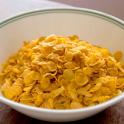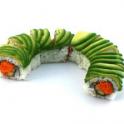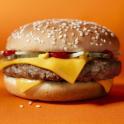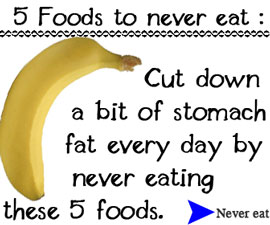One of the most common sweeteners around and also one of the biggest causes of obesity in the world today unfortunately is sugar. Table sugar, when added sparingly to foods can be a way to enhance the sweetness and flavor, however very rarely is this the case.
In today’s food industry sugar is being added to literally hundreds of products that grace the aisles of your grocery store including cereals, bread products, snack bars, beverages, canned fruits, canned puddings, yogurt, and the list goes on.
If you aren’t keeping a close eye on your sugar content the calories will add up very quickly and fat gain will result because of it.
Understanding the nutrition values contained in sugar however will help you become more knowledge about whether you can afford to add this food into your diet and in what quantities.
Let’s give you the low-down on what sugar is all about.
Major Nutrients Found In Sugar
Unfortunately due to the fact that sugar is a simple carbohydrate consisting of monosaccharide molecules, it really doesn’t offer a great deal in the way of overall nutrition. It will provide you with a quick source of carbohydrate energy, but past that, there isn’t a lot of pure nutritional value.
Other variations of sugar such as honey, blackstrap molasses, and maple syrup can offer slightly more in the way of nutrients but even these are still quite low.
The biggest problem with the lack of nutrients in sugar is the fact that when adding these calories to the diet that means you aren’t adding foods that do contain nutrients. As such, you either face weight gain from the added calories or if the sugar ends up replacing the other foods you should be eating, could begin to suffer nutrient deficiencies.
While it may seem like sugar is relatively ‘low calorie’ at only 16 calories per teaspoon, remember that most people are consuming 20 or more teaspoons per day when adding up all the sugar found in their food. This is simply too much to be considered healthy thus steps must be taken to reduce back on the sugar content found in the diet.
Storing/Selecting
Sugar has quite a long shelf life so when selecting it you should be fine provided you choose to purchase pre-packaged sugar that is in a bag with no holes present or sugar from the bulk bin that doesn’t appear to be forming clumps.
When sugar grows old with air exposure it will get hard and clump together so that’s your signal that it isn’t very fresh.
When storing it at home make sure to put it in an air tight container if it’s going to be stored for a longer period of time and you may even want to toss in a slice of bread as well as the added moisture helps to maintain its freshness.
Eat It With:
By itself sugar is most commonly added to tea and coffee, sprinkled over cereal or fruit, added to baked products, or stirred into drink mixes.
Burn Off Calories In Sugar
To burn off the number of calories in one tablespoon of sugar you would have to do:
- 10 minutes of strength training
- 12 minutes of walking
- 5 minutes of fast jogging



















